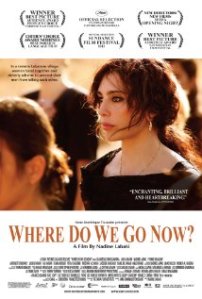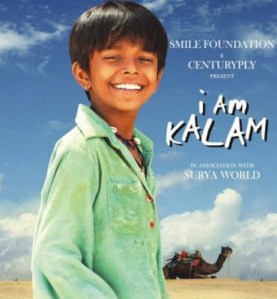In his book Fahrenheit 451, Ray Bradbury presents the possibility of a future where books will be deemed illegal and possession of books a culpable offense. Guy Montag, the protagonist is a ‘fireman’ whose job is to hunt houses that are hiding books and burn them. As I started reading the book, it seemed like an acrid comment on governance. But gradually the book unfolds a peculiar fear of the society about the perception of knowledge. In his world of the future, the society does not want to gain or retain knowledge, rather just wants it to be available whenever needed. Once the imperative fictional adorns of the story are shaved off, a very discrete and factual description of the problems and anxieties of such a world can be seen lucidly. In fact, one is bound to appreciate the realization of a lot of Bradbury’s dystopia in the current times.
Bradbury creates the gory image of a world driven by technology and deprived of contexts. A world where houses have touch screen walls, gesture recognizing robots and hearing seashells for the impaired. If you have already started thinking about these things being a reality in the present, this is just the tip of the iceberg. While we advertise technology to be a tool to connect with one another, Fahrenheit 451 mentions technology to be the cause of the disconnect. For instance, in an episode Guy and his wife Mildred are lying in the bed unable to speak with one another. They do not know what it is to communicate with each other in person. They are more comfortable and conversant through virtual means.
In my opinion, books are a metaphor for the disparate perspectives that exist in our world. They are endearing and empowering. Books make us think and make us believe. In a dialogue between Guy and his supervisor Beatty, the latter presents such compelling arguments justifying the act of burning books as they are the reason for all the misery in the world –
“Colored people don’t like Little Black Sambo. Burn it. White people don’t feel good about Uncle Tom’s Cabin. Burn it.”
“If you don’t want a man unhappy politically, don’t give him two sides to a question to worry him; give him one. Better yet, give him none. Let him forget there is such a thing as war.”
Fahrenheit 451 also comes across as a critical remark on the civic responsibilities of the denizens of this world. When I introspect myself, I feel that I lean towards being apolitical. That deprives me of the right to complain about the state of politics. In a dictatorial polity, the kingdom enunciates the character of the king and in democracy; the king enunciates the character of the kingdom. It is not justifiable to blow the trumpet of my nonchalance towards politics. The merit of the political choices we have is certainly debatable. But, that does not give us the right to shun our political and social responsibilities.
In a very interesting way, Bradbury presents the predominantly opposing thoughts about modernization. Guy’s neighbor, Clarisse is a young and jovial girl who detests the technological invasion of human emotions. Her character is significant in that she makes Guy aware of his true sensibilities –
“You’re not like the others. I’ve seen a few; I know. When I talk, you look at me.”
Clarisse’s character shouts out the apprehensions that we see around us today. We cannot tolerate discrepancies. We are filled with facts and quantifiable insights. We are so engrossed in our own individual worlds that we hardly find the need to open a slit of the door for someone else.
Bradbury was certainly not a proponent of the digital age. However, he does not take a fundamentalist stand against technology. He looks at it from different angles through his characters and makes us ask the questions that he wants us to ask – incessantly – Will we be able to appreciate the fragrance of the first rain, the touch of the cool breeze, the beauty of the dew drops caressing the lush green grass, the magnanimity of the mountains, the incomprehensible vastness of the ocean, the careless chirping of the birds, the rainbow in the sky and the golden sunshine glorifying it?
Tags: Dystopia, Fahrenheit 451, Man and Technology, questions, Ramblings, Ray Bradbury








Recent Comments